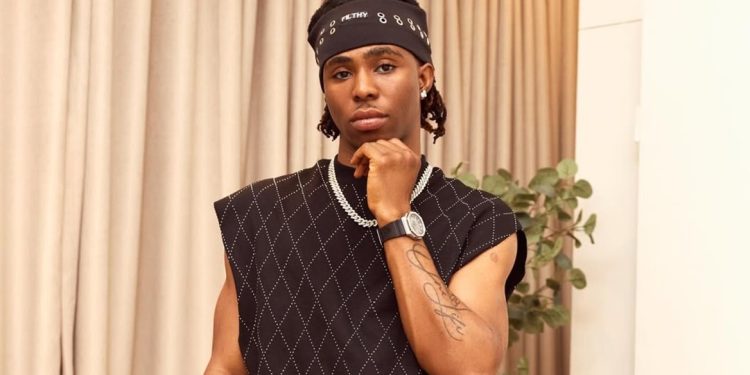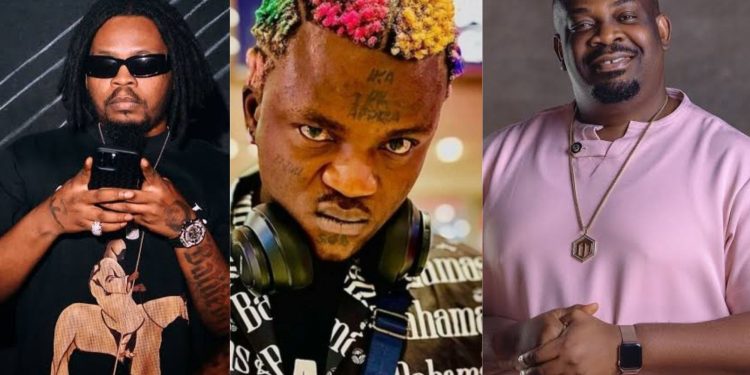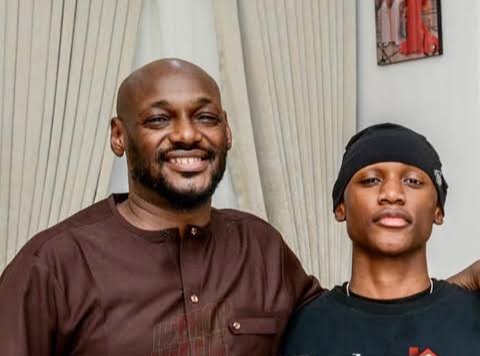American rapper Nicki Minaj has publicly supported former U.S. President Donald Trump following his declaration of Nigeria as a “Country of Particular Concern” (CPC) over religious-freedom violations. Trump accused radical groups in Nigeria of targeting Christians and warned of U.S. intervention.
In an X post, Minaj expressed deep gratitude for living in a country where she can worship freely. She stressed that no group should ever be persecuted for their faith and urged followers to lift persecuted Christians in prayer.
Read Also: Burna Boy Suggests Fela Kuti Remains the Only African Music Icon at His Level
What the CPC Designation Means
A CPC designation under U.S. law identifies nations with “systematic, ongoing, and egregious” violations of religious freedom. Nigeria’s inclusion follows reports of thousands of Christians allegedly killed by extremist militias.
The championing of Trump’s move by Nicki Minaj drew mixed views. Supporters praised her stance on faith and persecution. Critics said her decision reflects political alignment with Trump and detracts from her usual music-first public image.
Broader Impact on Nigerian Discourse
Her comment reignites debates about the religious-security crisis in Nigeria and international responses. Some local officials challenge the narrative, claiming religious violence affects multiple faiths and demanding balanced coverage.
What to Watch
Observers will follow Minaj’s next moves—whether she uses her platform to advocate more directly for persecution victims, and whether Trump’s designation triggers policy changes or diplomatic shifts in Nigeria.









